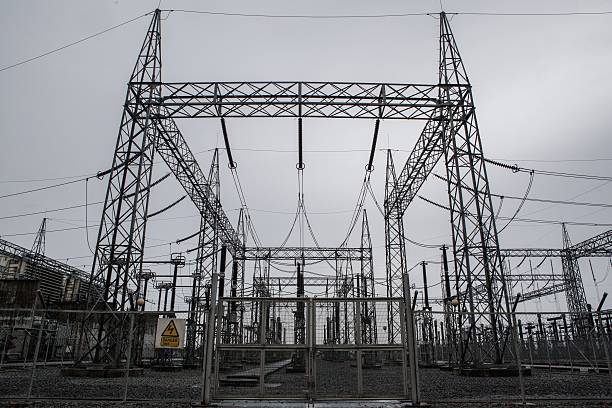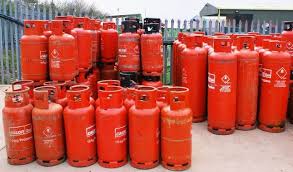Despite the economic headwinds that continue to test the patience of ordinary Nigerians—from fuel price hikes to naira woes—Nigeria’s economy is quietly being powered by some unexpected heroes. According to fresh figures from the National Bureau of Statistics (NBS), ten sectors posted impressive growth in the first quarter of 2025, offering hope in places where many least expected.
At the top of this list? The Rail Transport and Pipelines sector, which roared ahead with a whopping 28.95% growth year-on-year. Yes, trains! Once dismissed as relics of the past, Nigeria’s railway system is finally shaking off the dust. With more freight now moving by rail and major investments in new tracks and infrastructure, the sector is fast becoming the new lifeline for goods—and for government bragging rights.
Coming closely behind was the Metal Ores sector, which saw a 25.20% growth. Analysts say this reflects both stronger global demand and a local mining boom, driven by President Tinubu’s ongoing push to diversify the economy beyond oil. If the momentum holds, Nigeria may yet become a major player in the global minerals game.
Another surprise performer was the Electricity, Gas, Steam and Air Conditioning Supply sector, with 18.65% growth. Yes, light! While many homes still battle with blackouts and diesel bills that can bring tears, improved grid stability and targeted investments in power supply—especially to factories and industrial parks—seem to be paying off. One could almost say NEPA is trying… just a little.
Other strong performers include:
-
Telecommunications and Information Services, still riding the digital wave, with increased mobile data usage and fintech expansion.
-
Motion Pictures, Sound Recording and Music Production, buoyed by Nigeria’s ever-hustling Nollywood and streaming platforms.
-
Financial Institutions, helped by rising digital banking and innovation despite the tough regulatory environment.
-
Insurance, with more Nigerians (especially SMEs) slowly warming up to the idea that protection isn’t just for phones and laptops.
-
Cement Manufacturing, riding on housing and infrastructure demand.
-
Water Supply, Sewerage, Waste Management, as cities grow and the need for clean services rises.
-
Crop Production, holding steady as the backbone of rural livelihoods, despite insecurity in some areas.
In total, these ten sectors posted annual growth ranging from 7.8% to nearly 29%. They may not grab daily headlines like oil prices or forex rates, but they offer clear signs that parts of Nigeria’s economy are not just surviving—they’re thriving.
Economist Ifeoma Adedeji notes, “This data tells us where the future is. Nigeria’s economic recovery won’t come from a silver bullet—it’ll come from these smaller but dynamic sectors pulling their weight.”
Of course, big questions remain. How sustainable is this growth? Will it translate into jobs and real income for Nigerians? And can the government protect these gains from policy flip-flops and insecurity?
Still, in a country where pessimism often comes too cheap, these green shoots are a welcome change. As one Lagos trader joked after seeing the numbers, “If only they can put all that railway growth into moving my pepper to market faster, we go dey alright.”
For now, the message is clear: Nigeria’s economy may be down in some areas, but it’s far from out. And as these sectors show, resilience might just be our most underrated export.





